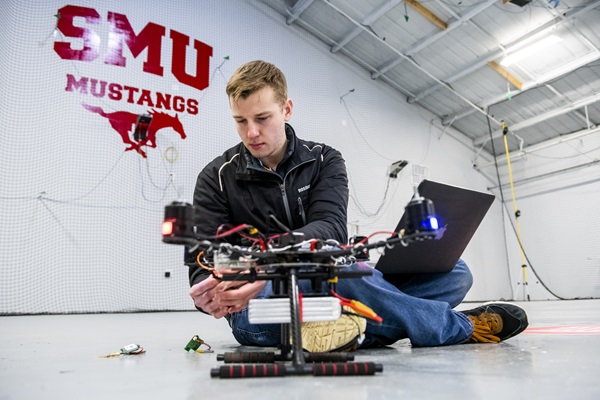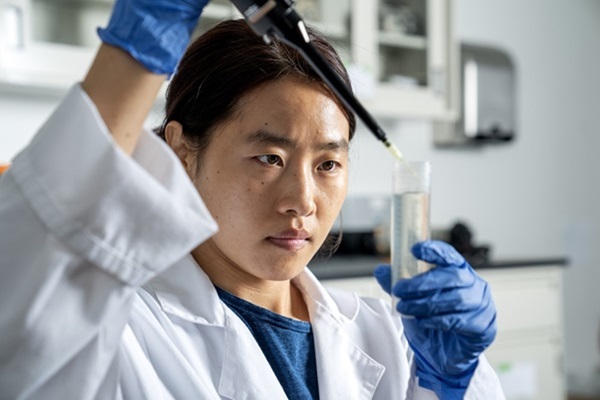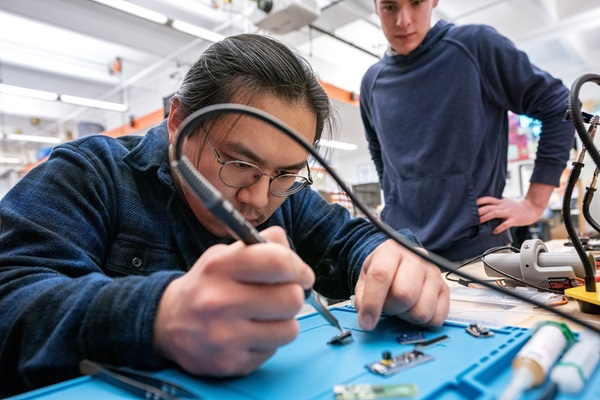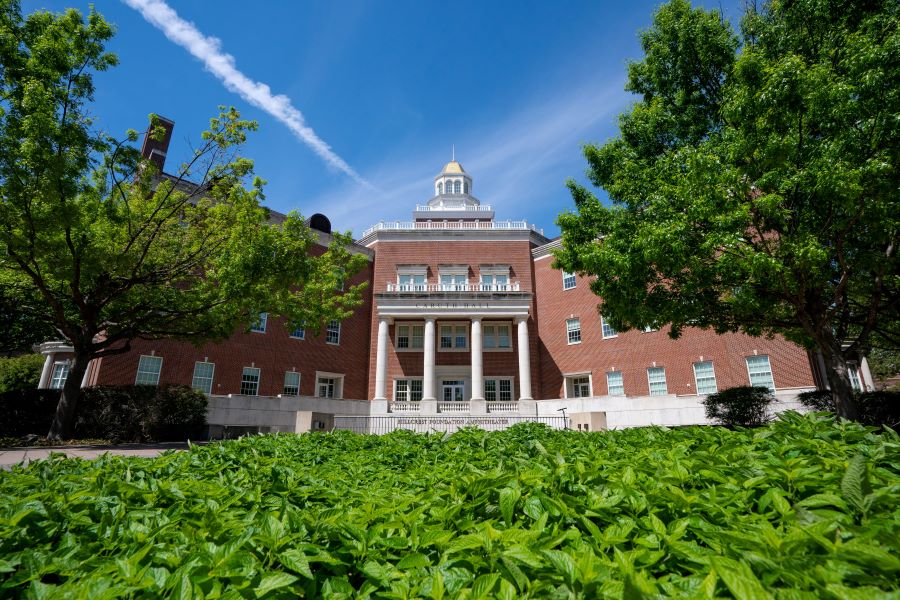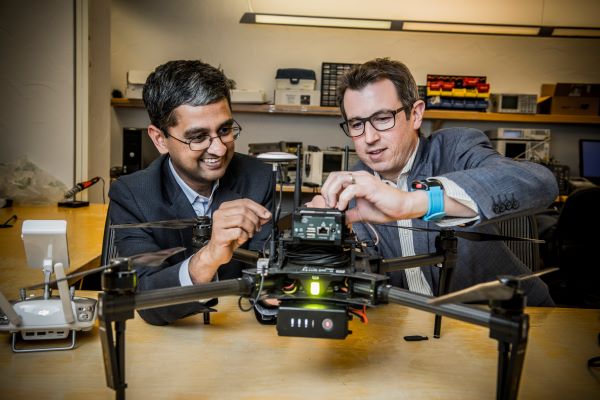Electrical and Computer Engineering Degree Programs
Bachelor's Programs
Electrical & Computer Engineering
Electrical & Computer Engineering, Biomedical specialization
Electrical & Computer Engineering, Computer Engineering specialization
Electrical & Computer Engineering, Electrical Engineering specialization
Online Master's Programs
Master's Programs
Computer Engineering
Electrical Engineering
Network Engineering
Quantum Engineering
Ph.D. Programs
Computer Engineering
Electrical Engineering
Dual Degree Programs
Computer Engineering + MBA
Electrical Engineering + MBA
Network Engineering + MBA

